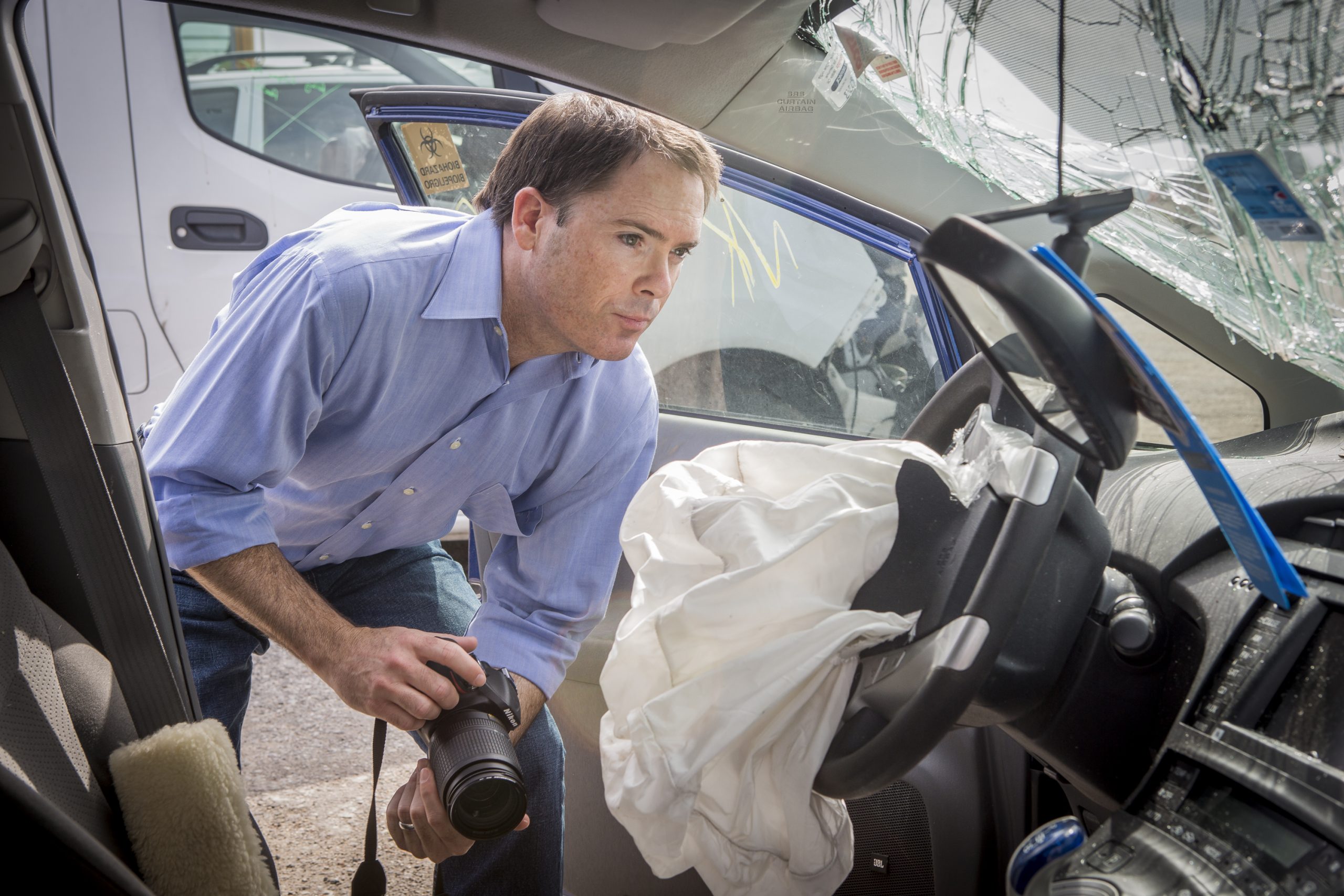Byrd Davis Alden & Henrichson, LLP was established in 1959 and is the oldest Plaintiff’s Austin personal injury law firm. We are a tried and true law firm with a great reputation for handling important personal injury cases.
We are top-rated attorneys. Our personal injury attorneys are listed in Super Lawyers, Best Lawyers, Best Law Firms, and the Bar Register of Pre-eminent Lawyers as listed below.
We receive top reviews from our clients, having earned their trust. Listen to what our past clients are saying about us by reading our client testimonials.
Our personal injury law firm has the experience and financial resources to take on the difficult personal injury cases such as truck accidents, motorcycle crashes, car accidents, and wrongful death claims.
Our law office is located in Austin, Texas. We represent clients throughout Austin, Travis County, and throughout Texas. We provide a initial consultation to those who have experienced a serious personal injury in an accident or families who have lost a loved one in a fatal accident. There are no fees unless we win. This means that you pay no attorney’s fees or case expenses unless we win your case (personal injury/wrongful death cases.)


















